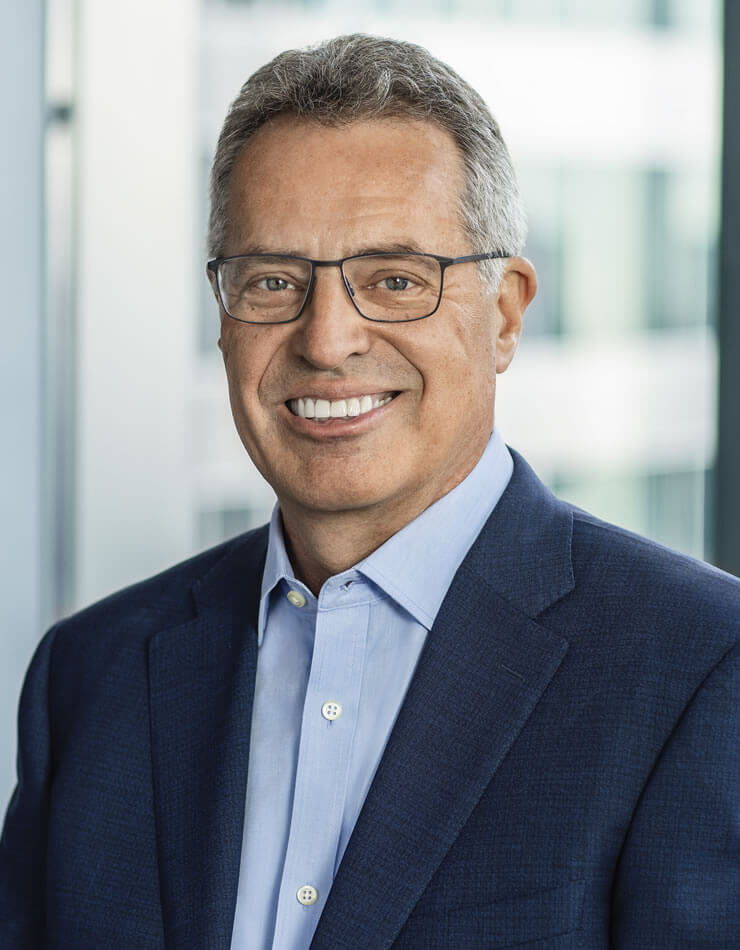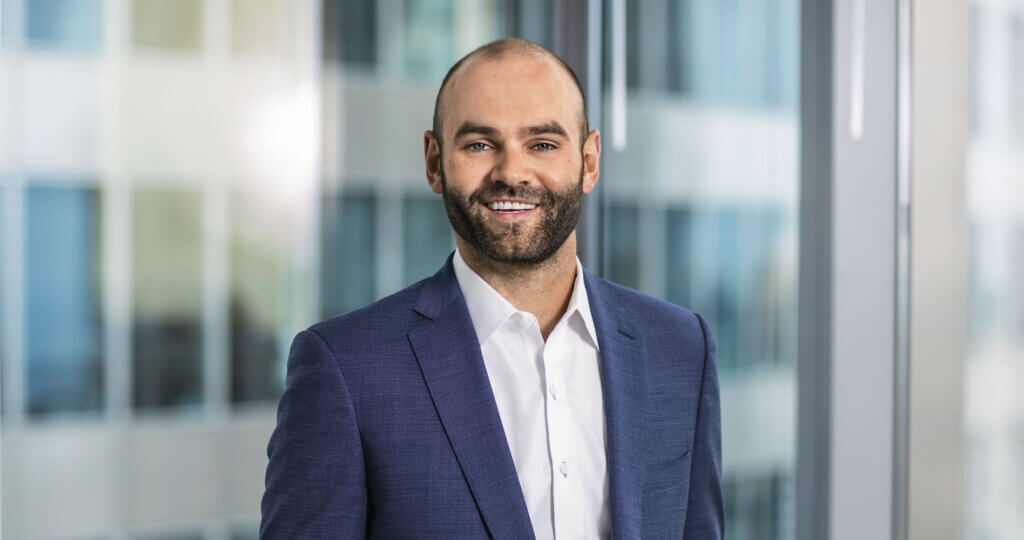Oakmark Global Select Fund - Investor Class
Average Annual Total Returns 12/31/11
Since Inception 10/02/06 2.81%
10-year N/A
5-year 1.39%
1-year -5.87%
3-month 4.62%
Gross Expense Ratio as of 09/30/10 was 1.29%
Past performance is no guarantee of future results. The performance data quoted represents past performance. Current performance may be lower or higher than the performance data quoted. The investment return and principal value vary so that an investor’s shares when redeemed may be worth more or less than the original cost. The performance of the Funds does not reflect the 2% redemption fee imposed on shares redeemed within 90 days of purchase. To obtain the most recent month-end performance data, view it here.
The Oakmark Global Select Fund returned 5% for the quarter ended December 31, 2011, underperforming the MSCI World Index’s return of 8%. For 2011, the Fund and the MSCI World Index declined 6%. More importantly, the Fund has returned an average of 3% per year since inception, outperforming the MSCI World Index, which has averaged -1% per year over the same period.
FedEx, a U.S.-based worldwide package delivery business, was the top contributor to performance this quarter, returning 24%. We purchased FedEx for the Fund in the third quarter of 2011, when fears of a slowing economy caused the share price to fall to what we thought were extremely attractive levels. These fears have subsided, and the stock rebounded in the fourth quarter. Also during the past quarter, FedEx reported earnings that topped estimates and maintained its fiscal year 2012 forecasts. The company’s investments during this extended downturn have set it up for what we think is an enormous amount of earnings power in an industry with extremely high barriers to entry. FedEx is taking significant share in the domestic ground market and is developing into the top U.S.-to-Asia parcel carrier. We believe FedEx offers considerable long-term earnings potential.
Intel, a U.S.-based microprocessor and semiconductor components manufacturer, was the top contributor to performance for the 2011 calendar year, returning 18%. Intel is the world’s foremost semiconductor maker, holding about 80% of the market share for microprocessors that go into desktop and notebook computers and computer servers. Intel also makes embedded semiconductors for the industrial, medical-equipment and networking-gear markets. Most computer makers use Intel processors, with Dell and Hewlett-Packard being the firm’s largest customers. In September, the company announced a new partnership agreement with Google that enables Intel’s x86 Atom processors to work in Android-powered tablets and smartphones. Intel expects all future releases of Android to include a version optimized to run on Intel architecture products. More recently, Intel reported solid third-quarter results and set a new record for microprocessor units shipped. Third-quarter earnings and revenue increased 33% and 29%, respectively, from the same period last year, and gross margins also expanded. During the third quarter, Intel generated over $6 billion of cash and spent $4 billion to repurchase shares. In addition, the board authorized another $10 billion for future share repurchases. We believe Intel will continue to provide positive long-term returns for our shareholders.
Daiwa Securities Group, Japan’s second-largest brokerage firm, was the largest detractor from performance for the quarter, falling 17%. Daiwa has been hurt in the past by numerous factors, including a particularly weak Japanese stock market and decreased equity and capital-markets activity. We met the new CEO, Takashi Hibino, for the first time this summer and came away impressed. He was very engaged in the discussion and communicated specific goals necessary for Daiwa’s future success. New management is aggressively addressing losses in the wholesale business and has placed new priorities on other business lines. Mr. Hibino’s focus will be on the retail banking and asset management divisions – the retail bank that recently went into operation seems to be a game changer. Daiwa spent three years researching this venture and came up with an Internet bank that gives customers access to Daiwa branches. The company aims to attract customers with higher rates and a better platform than competitors in hopes that customers will move a lot of these deposits to investment products. The retail bank has attracted over 1.5 trillion yen (nearly U.S. $20 billion) in deposits after only one year of operation. Daiwa’s balance sheet remains well-capitalized, and we continue to believe Daiwa has a powerful franchise.
Adecco, the world’s largest employment agency, detracted the most from performance for the 2011 calendar year, falling 35%. The stock has been hurt by general macroeconomic concerns and weakness. Despite a relatively lackluster recovery in employment across most of the developed world, Adecco’s revenue has increased more than 20% organically since 2009 because employers value the flexibility that temporary staff provides in today’s more volatile world. Adecco has also been able to grow via mergers and acquisitions, and it has used approximately €1 billion of the €1.25 billion in free cash flow it generated over the past three years to buy other professional staffing businesses, including MPS in the U.S. Even with its M&A spending, Adecco returned nearly €250 million to shareholders by way of dividends without increasing leverage. During the downturn, management focused on improving gross margins and reducing costs. These changes enabled the firm to withstand the recent market conditions and have helped the franchise maintain its long-term direction. We believe Adecco is run by an excellent management team that has a proven track record for creating shareholder value.
Geographically, we ended the quarter with our European holdings increasing slightly to 33% and our Japanese holdings decreasing to 17%. The remainder of the Fund’s investments, excluding cash, are in North America. We did not add or remove any names from the Fund during the quarter.
Due to the U.S. dollar’s weakness relative to other global currencies, we currently hedge three underlying foreign currencies. At quarter-end, approximately 60% of the Fund’s Swiss franc and Japanese yen and 14% of the Fund’s euro exposures were hedged.
We thank you for your continued confidence and support and wish you all a healthy, happy and prosperous 2012.
As of 12/31/11, FedEx Corp. represented 4.7%, Intel Corp. 5.1%, Dell, Inc. 4.7%, Hewlett-Packard Co. 0%, Google Inc., Class A 0%, Daiwa Securities Group, Inc. 5.0%, Adecco SA 5.6%, and MPS Group 0% of the Oakmark Global Select Fund’s total net assets. Portfolio holdings are subject to change without notice and are not intended as recommendations of individual stocks.
The MSCI World Index (Net) is a free float-adjusted market capitalization weighted index that is designed to measure the global equity market performance of developed markets. This benchmark calculates reinvested dividends net of withholding taxes using Luxembourg tax rates. This index is unmanaged and investors cannot invest directly in this index.
Because The Oakmark Global Select Fund is non-diversified, the performance of each holding will have a greater impact on the Fund’s total return, and may make the Fund’s returns more volatile than a more diversified fund.
Investing in foreign securities presents risks that in some ways may be greater than U.S. investments. Those risks include: currency fluctuation; different regulation, accounting standards, trading practices and levels of available information; generally higher transaction costs; and political risks.The discussion of the Funds’ investments and investment strategy (including current investment themes, the portfolio managers’ research and investment process, and portfolio characteristics) represents the Funds’ investments and the views of the portfolio managers and Harris Associates L.P., the Funds’ investment adviser, at the time of this letter, and are subject to change without notice.







